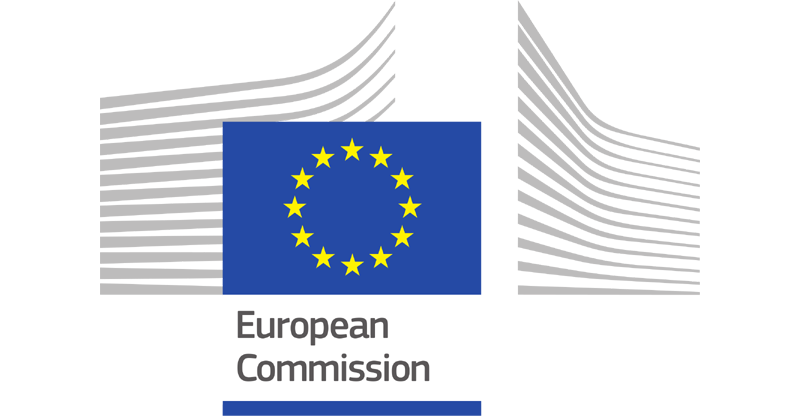The aim of the project is to investigate the impact of the COVID-19 pandemic on the use of teleworking (remote working) in six countries (Austria, Estonia, Finland, Spain, Poland and Portugal). The analysis focuses on four economic sectors: the chemical industry, finance, ICT consulting and public administration. The study incorporates both extensive desk research covering the existing body of research on the use of remote working and available data, and field research - individual interviews with representatives of the social partners - to deepen and complement existing knowledge. The main objective of the interviews will be to explore the attitudes of the representatives of the social partners (trade unions, employer organisations) towards the impact of the pandemic on the practices of teleworking and the social dialogue around it. An attempt will be made to identify good practices in regulating teleworking within the framework of social dialogue at the company level (through collective bargaining or other dialogue mechanisms).
An important part of the project activities will be the comparative analysis of the data obtained. Both the sample of sectors and countries covered by the study are characterised by considerable variation in terms of the relevant issues explored. For example, the potential for the use of teleworking in the chemical industry, due to the nature of the tasks, is very low, while the teleworkability rate in ICT consulting reaches the highest value in the whole economy. The extent of use of working from home in Finland reaches the highest value in the European Union, while in Spain and Poland it is among the lower ones. Similarly, the level of economic development and the quality of social dialogue varies: in Finland, collective bargaining covers the majority of employees and deals with many detailed aspects of working conditions, while in Poland or Estonia the coverage of collective agreements is low and their content mainly modifies pay and other most basic issues.
The project's work plan also includes activities related to the dissemination of the knowledge generated by the study to social partners, academic experts and policy makers. These activities are also intended to encourage greater involvement of trade unions and employer organisations in the social dialogue on the principles of remote working.
Implementation period: November 2022 - October 2024
Source of funding: Directorate-General for Employment, Social Affairs and Inclusion, European Commission

